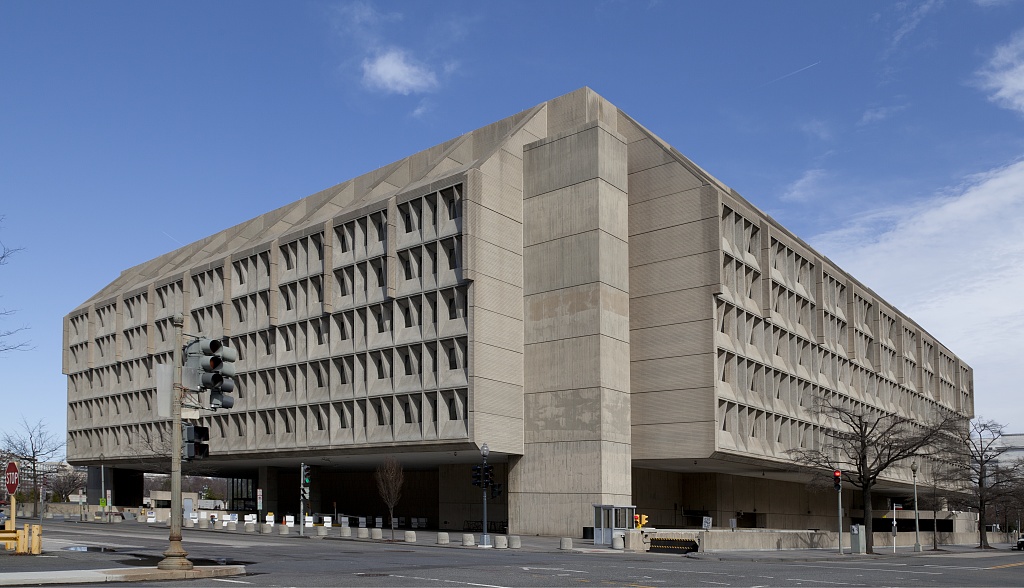More than a year ago, in connection with President Joe Biden’s 2022 State of the Union address, the White House announced a “national mental health strategy to strengthen system capacity,” including the peer workforce.
This June, the Substance Abuse and Mental Health Services Administration, a branch of the US Department of Health and Human Services, described its new National Model Standards for Peer Support Certification as a product of this effort.
“These new national standards will help advance President Biden’s strategy to tackle the nation’s behavioral health crisis,” HHS Secretary Xavier Becerra said in a press release. “Getting help from a person who has been successful in the recovery process can be life-changing.”
According to the 28-page document, 49 states already have established peer certification programs of some kind. The 2023 national standards “are not intended as a substitute for any state certifications but instead have been developed as guidance for states, territories, tribes, and others, to promote quality and encourage alignment and reciprocity across often disparate state peer support certifications.”
SAMHSA’s Office of Recovery began work last fall. The process first “convened a diverse set of technical experts with a range of identities, lived experience, and professional expertise” and then “employed a public comment process to solicit and incorporate additional feedback and expertise from the peer workforce, states, and others.”
A potential certification program for mental health peers in Vermont remains under active development. The National Model Standards for Peer Support Certification reveal areas of both alignment and disagreement between the policy preferences of SAMHSA and the suggestions put forward for the Vermont Department of Mental Health by its Peer Workforce Development Initiative.
The national standards, for instance, recommend requiring an “attestation of lived experience” for peers while advising against formal education requirements (such as a high school diploma) and against automatic disqualification on the basis of a criminal conviction. Vermont’s prospective program appears unlikely to diverge from any of this guidance.
But while SAMHSA advises states not to demand more than 120 hours of supervised work experience for peers seeking certification, a draft screening application for Vermont cites a requirement for “250 hours of supervised, paid, or volunteer peer support in the two years before applying for certification.” Vermont would, however, allow applicants with insufficient hours to earn a “provisional status” that would permit them to practice peer support temporarily, before satisfying the requirements for full certification.
For training, SAMHSA recommends a course that would take peers 40 to 60 hours to complete. A report delivered to the Vermont Department of Mental Health last year by the Peer Workforce Development Initiative advised DMH to contract a peer-run entity to administer four existing training programs – Intentional Peer Support, Wellness Recovery Action Plan, Alternatives to Suicide, and Hearing Voices, which together would add up to a minimum of 66 hours – as well as a “state-specific curriculum”: all in all, “at least 80 hours,” per the draft application.
The Vermont report also discourages DMH from granting automatic reciprocity to other states: in other words, certified peer support workers from New York or Massachusetts wouldn’t instantly receive certification upon moving to Vermont. Instead, they should “learn Vermont’s system and peer support values and principles” first.
But for SAMHSA, it seems, the purpose of developing national standards was to obviate the need for such a period of adjustment.
“SAMHSA is recommending that state certification entities strengthen collaboration efforts and implement additional processes for expanding reciprocity, and strongly encourages state certification entities to utilize this document to revise, strengthen, and align their peer support certifications with other states,” the document’s authors write.
Suggestions include creating an “interstate compact” or “a reciprocity board or committee made up of certified peer workers.” States might also “connect with a national reciprocity organization to discuss strategies for implementing reciprocity” or, on their own, “develop a simple certification process for peer workers that are certified in another state.”
DMH Deputy Commissioner Alison Krompf told Counterpoint that the department hasn’t yet finalized reciprocity standards for Vermont’s upcoming certification program for mental health peers.
“I think with the staffing crisis and Vermont’s demographics and how much we’ve got an aging population, we need a way to encourage people to come to the state,” Krompf said. “I think the peer community has a voice in, ‘OK, we want reciprocity, but maybe there’s two or three things that we really feel strongly about that you have to have in Vermont.’ But making that seamless and not painful is going to be really important so that we don’t put up barriers to people doing the work.”
According to Krompf, the Peer Workforce Development Initiative will begin “phase three” of its planning work in September. She predicted that the certification program would launch next year between May and August.

